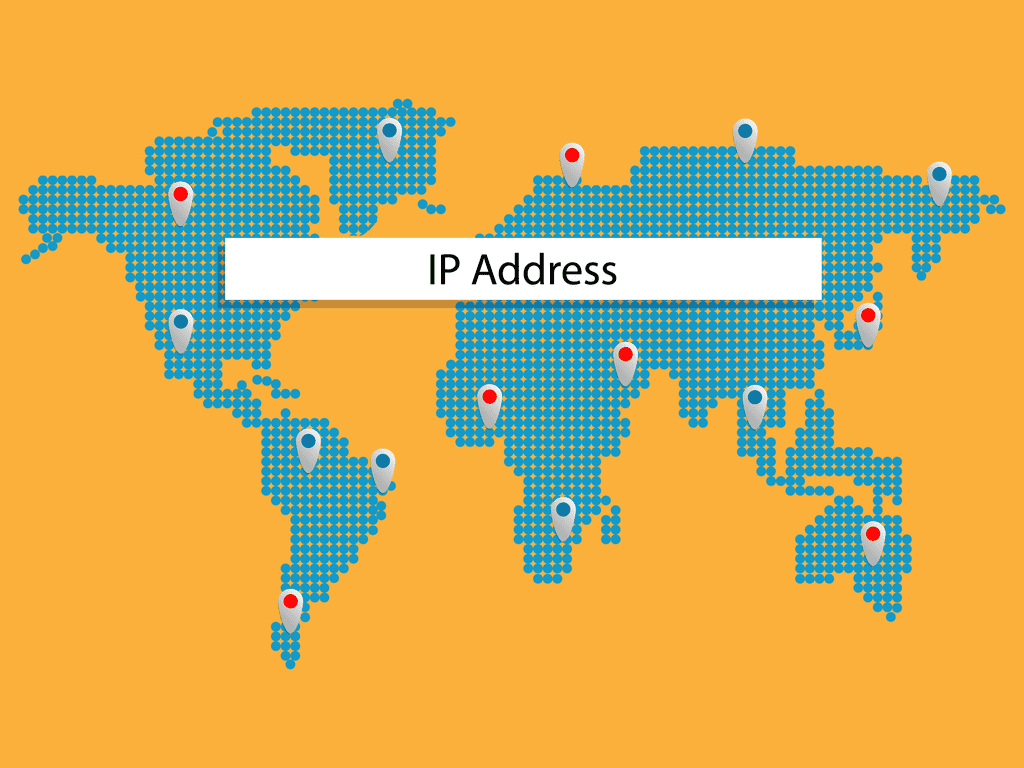
Introduction:
In the expansive universe of the internet, your digital passport is none other than the Global IP Address. Serving as a unique identifier for your device on a worldwide scale, this blog unveils the significance of Global IP Addresses in our interconnected world.
Imagine your IP address as a global postal code, allowing data to find its way across the vast expanse of the internet. From facilitating seamless communication to enabling access to a myriad of online services, a Global IP Address is the linchpin of our interconnected digital lives. Join us on a journey through the virtual landscapes shaped by Global IP Addresses. We’ll demystify their role, explore how they transcend geographical boundaries, and delve into the impact they have on our daily digital experiences. As we navigate the vast ocean of global connectivity, understanding the nuances of Global IP Addresses becomes essential—a key to unlocking the doors of the worldwide web.
What makes an IP address ‘global’?
A global IP address is accessible from anywhere on the internet. Unlike localized addresses, global IPs enable worldwide communication, essential for connecting devices across international networks. They transcend geographical constraints, providing a universal identifier for seamless online interactions.
Can I have a global IP for my home network?
Typically, internet service providers assign global IPs for homes. These IPs enable global connectivity, allowing devices within your home network to communicate across the world.
In the digital realm, Global IP Addresses act as the digital coordinates that define our presence on the internet’s global stage. Let’s unravel the complexities and explore the profound impact these addresses have on our interconnected world.
Understanding Global IP Addresses:
At its core, a Global IP Address is a unique identifier assigned to a device on the internet. Think of it as a virtual passport that allows your device to communicate globally. Unlike local IP addresses that work within a specific network, global IPs have a broader reach, facilitating communication on a worldwide scale.
The Role of Global IP Addresses:
Global IPs are the backbone of the internet’s architecture, enabling the seamless flow of data across borders. When you connect to the internet, your device is assigned a global IP address, allowing it to send and receive information from anywhere in the world. Whether you’re accessing a website, sending an email, or engaging in an online video call, your global IP address is the invisible force that ensures these interactions happen without geographical constraints.
Global Connectivity:
The term ‘global’ in Global IP Address isn’t just a label; it signifies the ability to connect to the worldwide web. This connectivity is fundamental to the functioning of the internet. Global IPs allow devices to communicate across diverse networks, transcending geographical boundaries. They are the reason you can access information, services, and resources from servers located anywhere on the planet.
Impact on Online Services:
Global IP Addresses play a crucial role in enabling online services that operate on a global scale. Streaming platforms, social media networks, and e-commerce websites rely on the global nature of IP addresses to serve users worldwide. Without the ability to assign global IPs, the internet as we know it wouldn’t function seamlessly, and accessing international content or services would be a far more complex task.
IPv4 vs. IPv6:
The transition from IPv4 to IPv6 is driven by the increasing demand for global IP addresses. IPv4, with its limited address space, posed challenges as the internet expanded. IPv6, with its significantly larger pool of addresses, ensures a continued supply of global IP addresses, accommodating the growing number of devices connected to the internet.
Challenges and Solutions:
While global IP addresses facilitate the expansive connectivity we enjoy, the limited availability of IPv4 addresses poses challenges. This scarcity led to the development of technologies like Network Address Translation (NAT), which allows multiple devices within a private network to share a single global IP address. The ongoing adoption of IPv6, with its vast address space, is a strategic solution to address the limitations of IPv4.
Security Considerations:
Global IP Addresses raise security considerations, as they expose devices to the broader internet. Implementing robust security measures, such as firewalls and intrusion detection systems, becomes crucial to safeguard against potential threats. Understanding the security implications of global IPs empowers users and organizations to navigate the digital landscape safely.
FAQS
1: Are Global IP Addresses the Same for Every Device Worldwide?
No, each device connected to the internet receives a unique Global IP Address. These addresses act like digital fingerprints, distinguishing one device from another. The uniqueness ensures precise routing of data to the intended destination, allowing for individualized communication across the global network.
2: How Does IPv6 Address the Challenge of Global IP Address Scarcity?
IPv6, the successor to IPv4, significantly expands the address space for Global IP Addresses. While IPv4 faced scarcity issues due to its limited pool of addresses, IPv6 provides an extensive range, accommodating the growing number of devices connected to the internet. The adoption of IPv6 ensures a sustainable solution to the challenge of address scarcity.
Final Thoughts:
In the intricate tapestry of our digital existence, Global IP Addresses emerge as the silent architects, shaping the interconnected landscape of the internet. Their significance goes beyond the technical realm, defining how we communicate, access information, and engage with a world that transcends geographical boundaries. As we reflect on the role of Global IPs, it becomes evident that they are not just strings of numbers; they are the conduits of global connectivity, enabling a seamless exchange of data on a planetary scale. Understanding the profound impact of these addresses allows us to navigate the digital world with a deeper appreciation for the invisible forces that make our online experiences possible. In embracing the global nature of IP addresses, we unlock the doors to a truly interconnected and boundless digital frontier.
